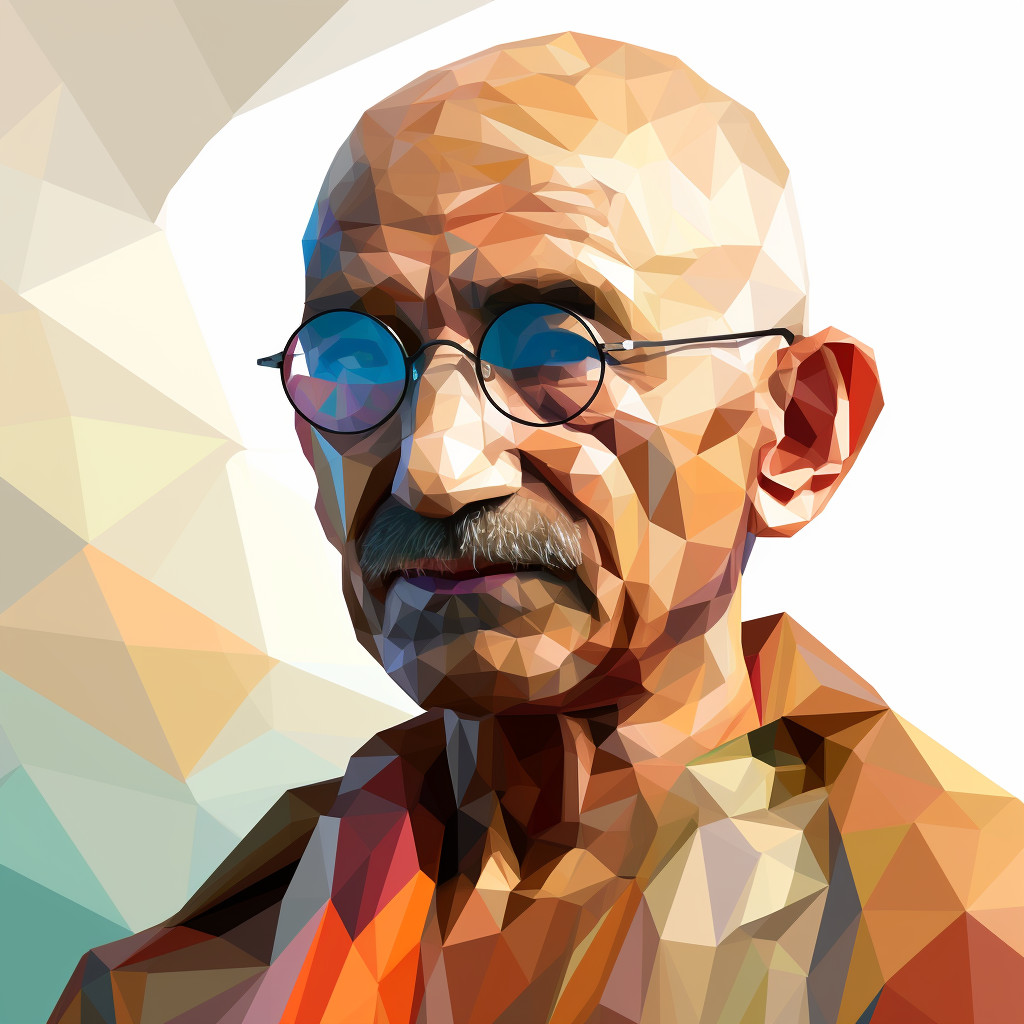“God has no religion” is a profound statement that suggests the divine, or the ultimate reality, transcends human-made constructs such as religion. At the core, this statement is an invitation to view spirituality and the divine as universal, rather than confined within the boundaries of specific religious doctrines.
Religion, in many ways, is a human attempt to understand, interpret, and connect with the divine. It provides a framework of beliefs, rituals, and moral guidelines that individuals can follow. However, these frameworks may vary greatly from one religion to another, leading to different interpretations of what God is and what God desires from humanity. By saying “God has no religion,” the idea is that God exists beyond these human interpretations and constructs. It suggests that the essence of God, or the ultimate reality, cannot be fully captured or defined by any one religion.
This concept can be applied in today’s world in various ways. In the context of interfaith dialogue and religious tolerance, it encourages us to recognize the inherent limitations of our religious perspectives and to respect the diverse ways in which people seek to connect with the divine. It reminds us that no single religion holds a monopoly on truth or divine favor, and thus, fosters a sense of humility and openness towards different religious traditions.
In terms of personal development, this idea can inspire us to seek a direct and personal understanding of the divine, rather than relying solely on religious doctrines or authorities. It encourages spiritual exploration and growth beyond the confines of religious dogma. It can also lead to a more inclusive and compassionate worldview, as we recognize the potential validity of various spiritual paths and the common human longing for connection with the divine.
In essence, “God has no religion” is a call for spiritual humility, openness, and inclusivity. It invites us to transcend religious divisions and to recognize the divine in its boundless and universal nature.






